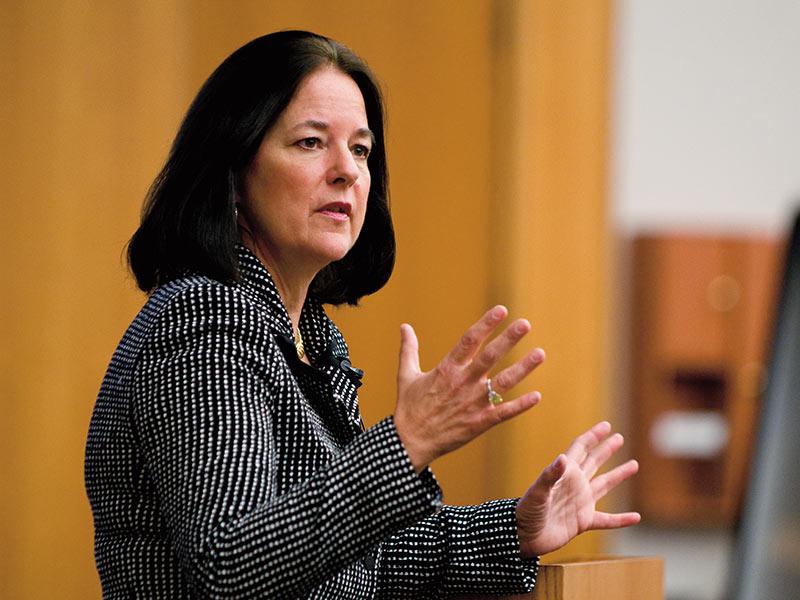Tulane’s Carol Lavin Bernick Faculty Grants awarded to 91 recipients
Ninety-one members of the Tulane faculty received the inaugural Carol Lavin Bernick Faculty Grants for their proposals in research, teaching or academic travel activities for the 2016-17 academic year.
In February, the Carol Lavin Bernick Family Foundation pledged $5 million over the next five years to support Tulane’s faculty. The gift provides $1 million annually over the next five years for department and faculty needs in research, recruitment, development, continuing education and student engagement with grants to individual full-time faculty members up to $15,000. The total for the 91 awarded grants was $685,858.
The majority of awards were for research support, including bridge funding for scientists awaiting grants, money for research conference travel, funding for interdisciplinary faculty work groups and course/teaching support. Two other proposals accepted by the committee were the development of a science-based program to enhance STEM curriculum for children and the development of coordinating digital humanities projects in partnership with local universities, archives and community nonprofits.
"Overall, the faculty grants are assisting Tulane faculty to remain world-class scholars.”
Professor Michael Cunningham
“The submissions ran the gamut of very diverse areas including basic laboratory research to creative expressions within the local community,” said Professor Michael Cunningham, who helped coordinate the selection process. “Several projects included an international component. Overall, the faculty grants are assisting Tulane faculty to remain world-class scholars.”
Among the projects the grants will support is a creation of an interdisciplinary faculty workgroup on ‘Confronting the Challenges of Inequality and Poverty’, funds to perform tissue engineering technology for use in breast reconstruction, supporting graduate student research and travel for research and national conventions.
A new 360-Degree Course also received funding. The course is a 3-credit course taught by a team of 3 to 4 faculty from different disciplines/schools. The proposed course will be taught on a large scale, designed for 100-200 students, and will address a high-level challenge from a cross-disciplinary perspective.

